Manchester, 2002. The Commonwealth Games are coming to town and the city is alive with possibilities. Caught up in the commercial feeding frenzy is Tom Benwell, account manager at an advertising firm. The pressure is getting to Tom – too many deals to make and lies to tell, and the passion for his job is waning. Meanwhile his friend, DI Jon Spicer, is on the fast track, showing a commitment to the job that borders on obsession, or so his girlfriend Alice tells him.
Then, in the aftermath of the Games, a series of brutal killings shatters the city’s new found spirit. Jon Spicer gets the case. Each victim has been murdered in the same bizarre and grotesque manner, yet the lack of motive leaves the police utterly baffled.
With the race on to catch the killer, both men find themselves caught up in a nightmare where the most innocent action can cost the highest price. In this nail-biting crime thriller, Chris Simms draws us into the shadows that lurk behind the city’s shiny new exterior, then plunges us into the mind of a madman
For this novel, I drew on my experience of seeing Manchester as it was transformed in the run up to hosting the Commonwealth Games. It was an incredible time; millions of pounds were pouring in and landmark buildings were springing up all over the place.
But what fascinated me was how so many of the city centre’s older buildings – many of them derelict throwbacks from Manchester’s industrial past – were simply hidden behind huge building wrap advertisements.
Once the games were finished and the crowds went away, these massive posters came down. With their disappearance, the teams of litter pickers and additional bins also vanished. Soon the real city – dirtier and dilapidated – reasserted itself, and a series of bizarre killings start to occur in my book.
Lead character in ‘Killing the Beasts’ is DI Jon Spicer. As a member of the city’s Major Incident Team, he soon finds himself hunting the killer. The pace of events begins to pick up and, along with it, Jon’s concern for an old friend called Tom Benwell. Jon’s worries are justified – Tom’s mental health is starting to fragment, making him ever-more vulnerable to a sinister figure who lurks in the shadows of the city.
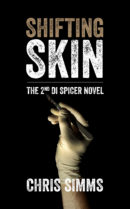 Shifting Skin
Shifting Skin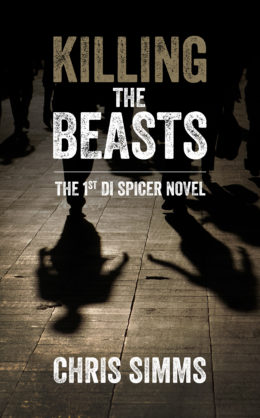

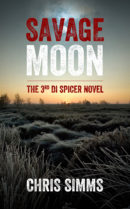 Savage Moon
Savage Moon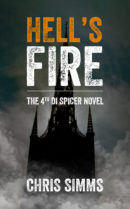 Hell’s Fire
Hell’s Fire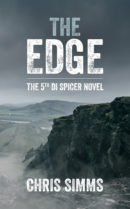 The Edge
The Edge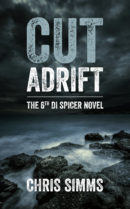 Cut Adrift
Cut Adrift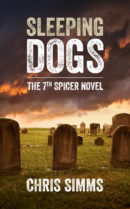 Sleeping dogs
Sleeping dogs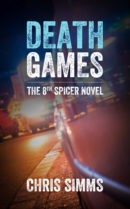 Death Games
Death Games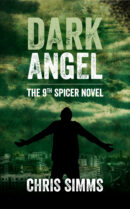 Dark Angel
Dark Angel